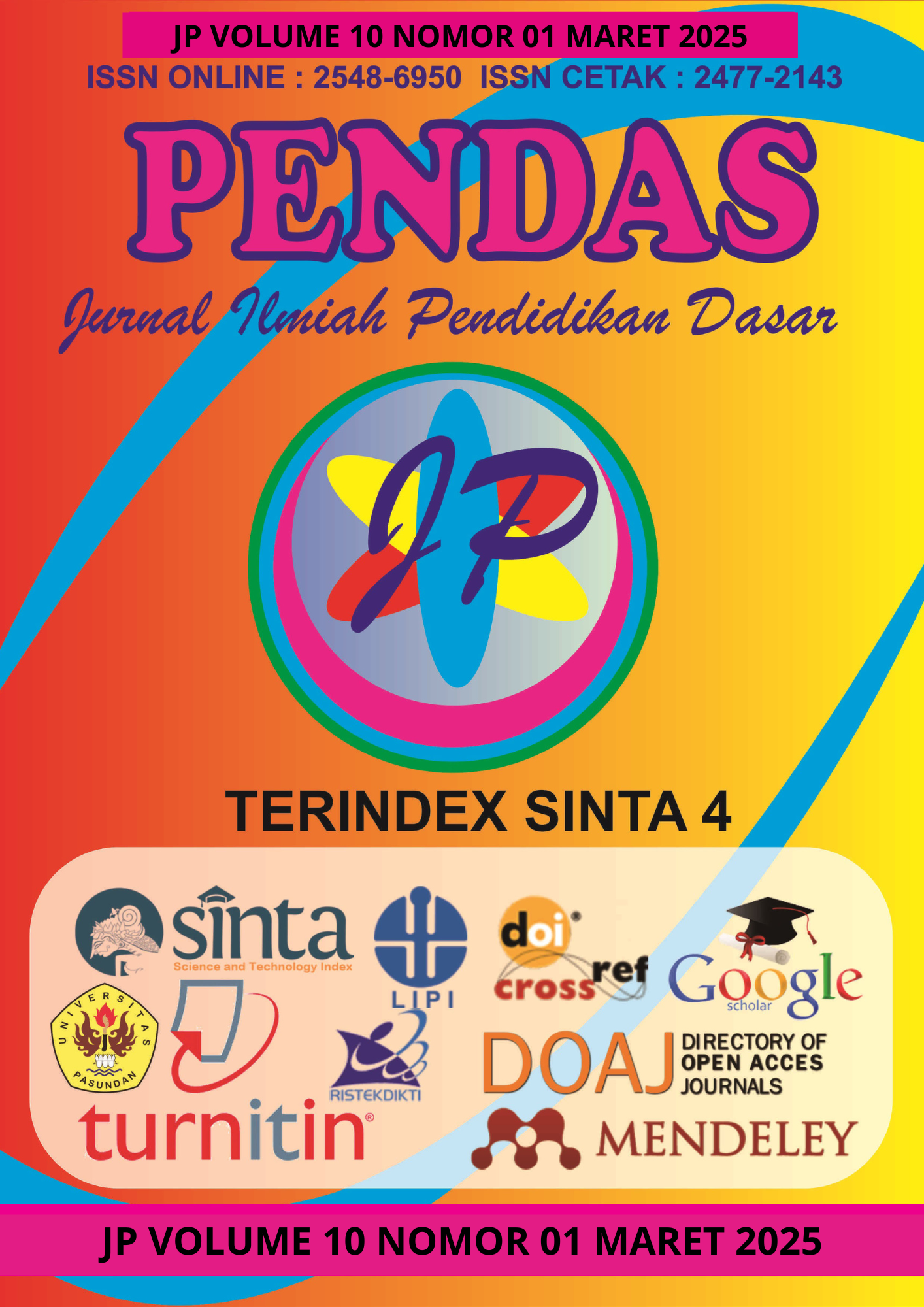PENGANGKATAN BAPAK ANGKAT BAGI CALON PENGANTIN LAKI-LAKI DALAM PERSPEKTIF HUKUM ISLAM (STUDI DI KECAMATAN BATHIN VIII)
DOI:
https://doi.org/10.23969/jp.v10i01.22924Keywords:
Appointment, adoptive father, bride-to-be, male, perspective, Islamic lawAbstract
This study aims: (1) To find out the practice of appointing adoptive fathers in the marriage procession in Bathin VIII Sub-district. (2) To determine the status of the position of the appointment of the adoptive father according to Islamic Law in Bathin VIII sub-district. (3) To find out the practice of adopting children according to Islamic Law in Bathin VIII Subdistrict. This research method is qualitative description with content analysis approach on juridical elmpiris. This approach can be explained as a legal research on how to apply and implement nullrmative legal regulations in real situations. The results of this study indicate that: (1) The process and practice of adopting a foster father in the customary society of Teluk Kecimbung emphasizes more on social and cultural functions, especially in maintaining good relations between the two families. This appointment is not related to the legal adoption of children in the context of Islamic law. (2) The status of the adoptive father according to Islamic law is not recognized as a guardian or a party with a certain legal position in the family. The role of the adoptive father in this custom is more in the nature of social relations in establishing good relations in the family and community. (3) The practice of appointing adoptive fathers according to Islamic law does not change a person's position in the Islamic family structure because this appointment is more symbolic in maintaining communication between families and solving social problems that arise, not as a legal family bond according to religion. The actualization of this custom is part of culture, custom, and the actualization of Islamic teachings through the tradition of appointing adoptive fathers, which has an important role for the community.
Downloads
References
Akbarjono, A., & Ellyana, E. (2019). Modul Bimbingan Perkawainan Untuk Calon Pengantin, ed. Zubaedi. Bengkulu: CV. Zigie Utama.
Cohen, M. I. (1995). Sinopsis Penelitian Ilmu Hukum (Legal Research in a Nutshell), Ibrahim R. Jakarta: Grafindo Persada.
Desminar, D. (2021). Buku Ajar Pengantar Hukum Keluarga, ed. Efri Yoni. Padang: UMSB Press.
Efendi, J., & Ibrahim, J. (2020). Metode Penelitian Hukum Normatif Dan Empiris, 3rd ed. Jakarta: Kencana.
Faradz, H. (2009). Pengangkatan Anak Menurut Hukum Islam. Jurnal Dinamika Hukum, 9(2), 191-198.
Fauzan, M. (2007). Perbedaan Mendasar Akibat Hukum Penetapan Pengangkatana Anak Pengadilan Negeri Dan Pengadilan Agama. Varia Peradilan, (256).
Jauhari, I. (2007). Perlindungan Hak-Hak Anak Dalam Teori dan Praktik. Medan: Pustaka Bangsa Press.
Kusharyati, I., Zahid, M., & Nurhadi, A. (2024). I MANAJEMEN KELUARGA BERDASARKAN AL-QUR'AN DAN HADIS. AL-FIKRAH: Jurnal Studi Ilmu Pendidikan dan Keislaman, 7(1), 89-104.
Lubis, M. A., & Yusri, D. (2023). Pandangan Undang-undang Perlindungan Anak Dalam Praktek Adopsi Menurut Mazhab Imam Syafi’i dan Hukum Islam. Jurnal Ilmiah Dan Karya Mahasiswa, 1(1), 01-08.
Moleong, L. J. (2021). Metode Penelitian Kualitatif, 40th ed. Bandung: Rewaja Rosdakarya.
Muhammad, A. Q. (2004). Hukum Dan Penelitian Hukum. Bandung: Citra Aditya Bakti.
Musthofa, M. (2008). Pengangkatan Anak Kewenangan Pengadian Agama, cet-1. Jakarta: Kencana Perdana Media Grup.
Nasshar, J. J. (2005). Ushul Wa Funun Al-Bahts Al-’Ilmi. Kairo: an-Nahdhah at-Tanhidhah al-Arabiyah.
Pramono, M. F. (2015). Sosiologi Agama Dalam Konteks Indonesia, ed. Muhammad Fajar Untung. Ponorogo: UNIDA GONTOR PRESS Redaksi.
Rajafi, A. (2020). Progres Hukum Keluarga Islam di Indonesia Pasca Reformasi (Dimensi Hukum Nasional-Fiqh Islam-Kearifan Lokal). Ahmad Rajafi.
Salim, H. S., & Nurbani, E. S. (2017). Penerapan teori hukum pada penelitian tesis dan disertasi/Salim HS. Jakarta: Rajawali Pers.
Soekanto, S. (2001). Hukum Adat Indonesia. Jakarta: Raja Grafindo Persada.
Soetoto, E. O. H., Ismail, Z., & Lestari, M. P. (2021). Hukum Perkawinan Adat. Malang: Madza Media.
Sudrajat, B. (2023). Hajatan Pernikahan: Dari Nilai-Nilai Tradisi Dan Dampak Ekonominya. AT-THARIQ: Jurnal Studi Islam dan Budaya, 3(02).
Tawab, A. I. A. (2009). Ushul Al-Bahts Al-’Ilmi Fi ’Ilm Al-Qanun Manahijuhu Wa Muqtaridhatuhu Wa Mashadiruhu. Iskandaria: Dar al-Jami’ah al-Jadid li an-Nasyr.
Zaini, M. (1995). Adopsi Suatu Tinjaun Dari Tiga Sistem Hukum. Jakarta: Sinar Grafika.
Downloads
Published
Issue
Section
License
Copyright (c) 2025 Pendas : Jurnal Ilmiah Pendidikan Dasar

This work is licensed under a Creative Commons Attribution 4.0 International License.














































